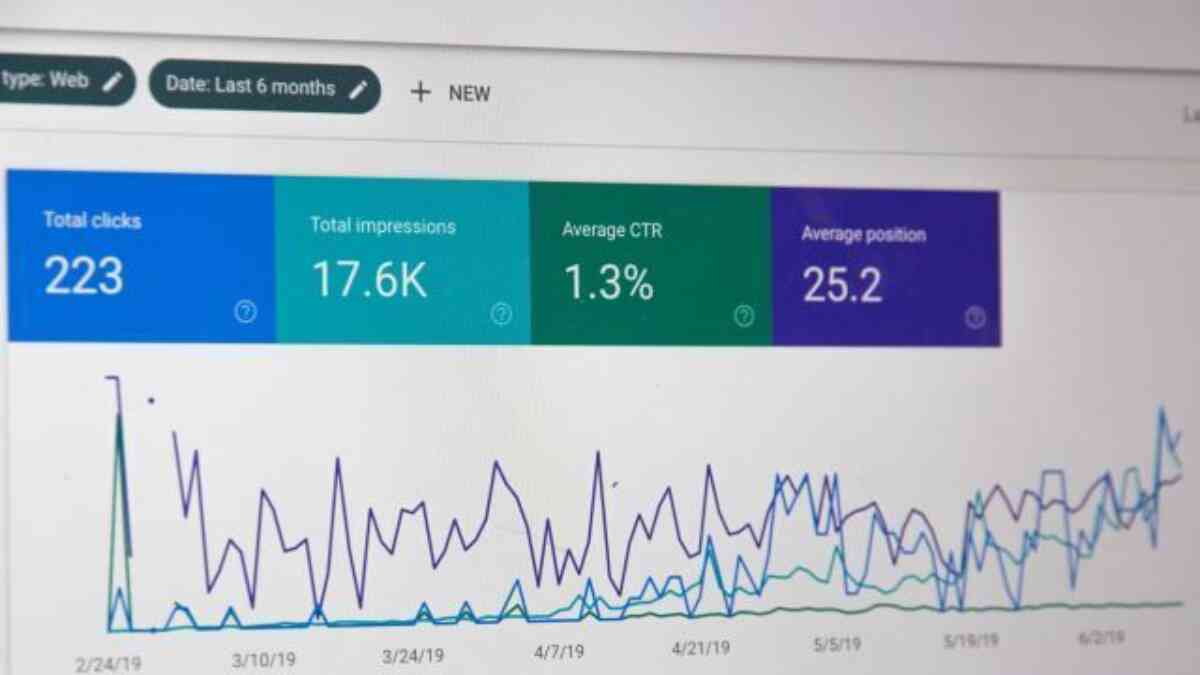
Why You Should Optimize Your Site for User Experience
When you optimize your site to create value for your visitors, not just for technical search engine algorithms, your SEO will improve.
Trying to get your site to rank of search engines can feel like an endlessly technical exercise.
Trusted advisors will spew out acronyms and complicated terminology, and most of us can only smile, nod, and hope they’re right when we approve their recommendations. After all, website technology and best practices seem to evolve at lightning speed.
However, one key factor in the good-website equation doesn’t evolve at lightning speed: The humans who use the sites we create.
Though technical search engine optimization—the practice by which companies make their sites as friendly as possible to search engines—is important, so is ensuring that your site doesn’t become so optimized for search engines like Google and Bing that it becomes completely unfriendly to the users who need to easily access and use your site.
After all, you aren’t marketing to search engines. You’re marketing to people.
Optimizing Websites for User Experience Improves SEO Rankings
Fortunately, search engines want to ensure their algorithms favor websites that their users like. When you keep the human factor in mind, you’ll improve your search rankings—technical gobbledygook aside.
Here are the two biggest reasons why making sure your site is good for users will make your site good for search engines:
- Content that website visitors like is good, rich content. Site visitors want to know more information about a company’s capabilities, services, and products. When you make your site more user friendly, you add more detailed content. Search engines like content.
- When visitors like your site and like the information you provide, they spend more time there. When people spend more time on each of your website’s pages, and when they click around in your site to view more pages, search engines note that visitors like your site—and therefore rank it more highly.
Make Sure Your Website Instills Trust
Does your website convince your target audience that you’re the right solution to its problem?
Ensure your website shows visitors what it’s like to work with your company. Where possible, showcase reviews from customers and testimonials—after all, research indicates that 84 percent of people trust reviews read on websites as much as they trust referrals from friends.
Feature case studies and work samples. If you have a fantastic return policy, cancellation policy, or warranty, make sure you call it out. If your work has a high degree of accuracy, compatibility, or integration capability, mention these benefits prominently as well.
Good Websites Add Value for Visitors
As in all good marketing, your website should consider what your target audience wants and how your marketing and your offering can make its life easier.
Are there features and functionalities that you can add to your website that would make assessing your offering more fun and engaging—and easier for your target audience?
Let’s say your company sells window coverings—basically, blinds and drapes. On each product page, could you provide carousels of images of the specific product in place in different homes and rooms? Could you provide calculators that add up the cost of the product at the size needed—with the addition of your services to install or customize the product?
If you do add in these extra bells and whistles, users will linger longer—and the search engines will notice.
Website Visitor Experience Matters
Search engines change their algorithms frequently—yet they always focus most on favoring sites that they judge useful to the users. And users favor sites that meet their needs and keep them interested.
When you ensure your website delights its visitors, you rise in the search engines—and you rise ahead of your competition.
If you aren’t sure where to begin or how to improve your site, contact FrogDog!
Updated: Oct 20, 2020

We do not spam. And you can unsubscribe when you want.